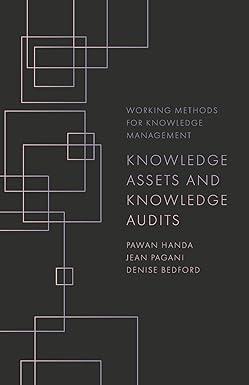Question
Apple is selling iPhones in China and in the United States. The inverse demand for iPhones in the United States is: P = 7800 -
Apple is selling iPhones in China and in the United States.
The inverse demand for iPhones in the United States is: P = 7800 - 6Q
The inverse demand for iPhones in China is: P = 6000 - 5Q
Apple can set different prices in the US and China. The marginal cost of making an iPhone is $300, and there are no fixed costs.
a. What should Apple do to maximize its profits? Be specific about prices and quantity. What is Apple's profit as a result?
b. What is the deadweight loss from the monopoly in United States?
c. An entrepreneur is thinking of buying iPhones in one market and re-selling them in another market. Where will she buy and where will she sell? She plans to set her markup (that is, the difference between her sale price and the price she paid for the phones) equal to the delivery cost between China and United States. How low do her average transport costs need to be before her plan interferes with your business (i.e., reduces your profits)?
d. A new law is instituted that prohibits setting different prices in different markets. What price will Apple set now? How many iPhones will be bought in each market? What will Apple's profit be now?
e. Is Apple's profit higher or lower when price discrimination is allowed? Which consumers are better off when price discrimination is allowed? Which consumers are better off when price discrimination is prohibited? Explain
Step by Step Solution
There are 3 Steps involved in it
Step: 1

Get Instant Access to Expert-Tailored Solutions
See step-by-step solutions with expert insights and AI powered tools for academic success
Step: 2

Step: 3

Ace Your Homework with AI
Get the answers you need in no time with our AI-driven, step-by-step assistance
Get Started


